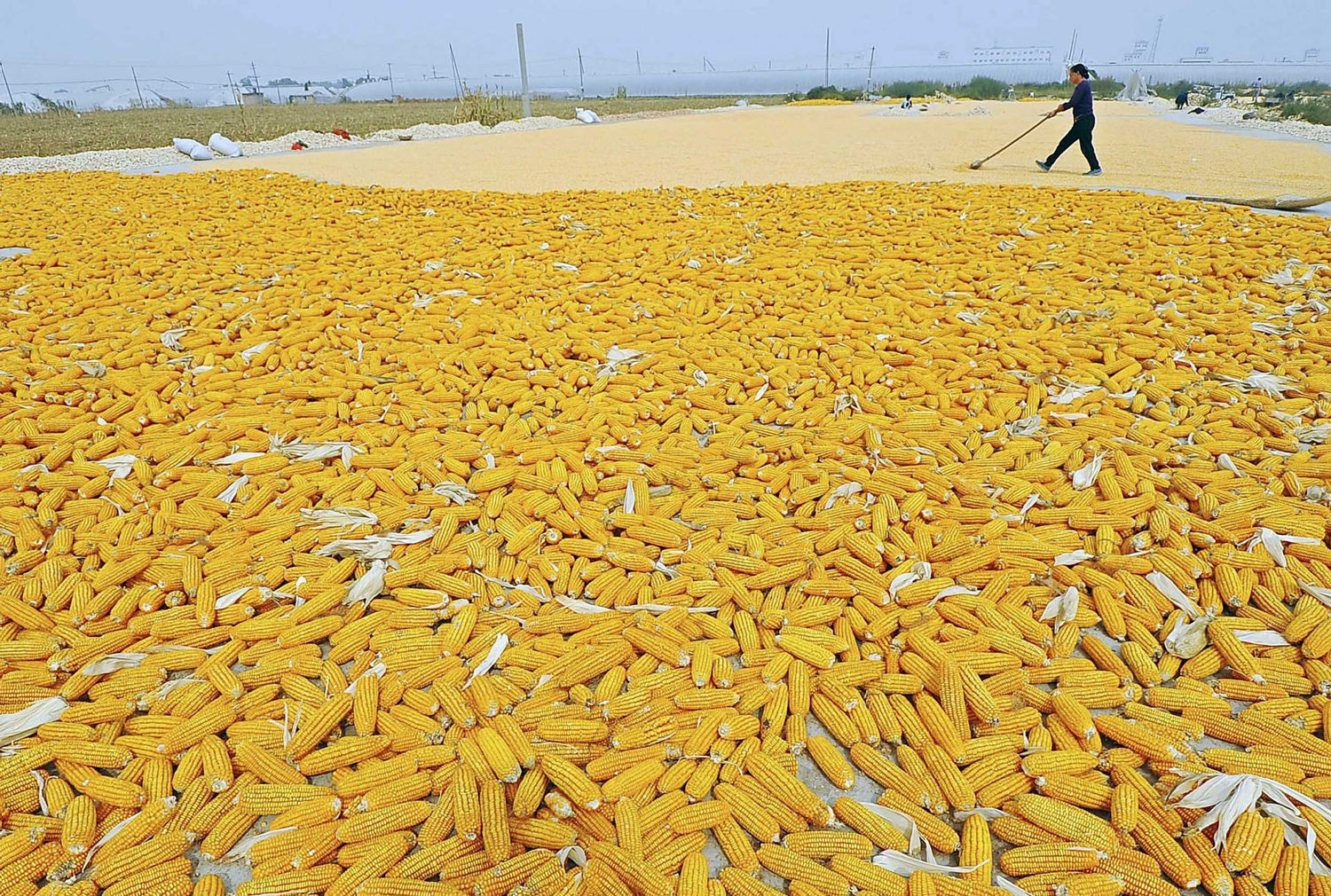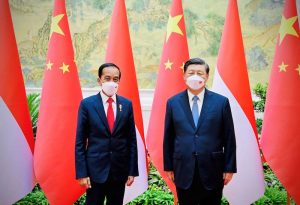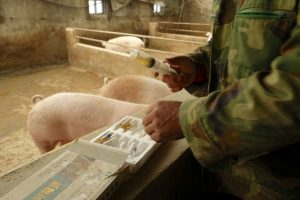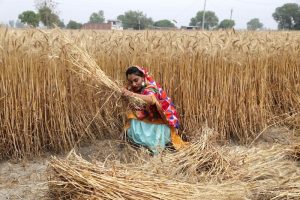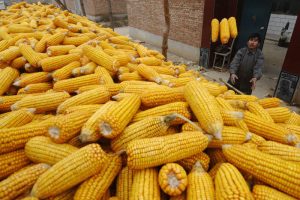(ATF) China’s agriculture minister says the country is vowing to ensure food security by developing its seed industry and strengthening farmland protection in the wake of shocks to the sector from the coronavirus pandemic and trade wars.
The comments by Minister of Agriculture and Rural Affairs Tang Renjian follow a Chinese government directive issued in November that farmers must not scale back planting of wheat, rice and maize, in the latest sign that Beijing is concerned about essential food grains.
Tang said in a recent interview that China must develop its own seed industry. “We need to …. better ensure that Chinese grains use mainly Chinese seeds,” he said in an interview with CCTV, adding that China must catch up to developed countries in terms of seed banks and agricultural innovation.
Tang also urged the country to protect against loss of farmland. “We need to ensure the acreage. We must resolutely comply with the requirements of the central government to prevent the farmland from being used for non-agricultural purposes.”
He said existing farmland needed improvement. “The central government has considered and planned to promote the development of high-standard farmland, which has played a very important role in good grain harvests.
Tang said grains were a priority. “I think we must make the pledge to ensure grain output in the future. We must ensure that China will see a total grain output of more than [650 million tonnes]. And we need to strive to stabilise and increase this figure as much as possible.”
Urgent demands
In recent months, China has issued more urgent demands for promoting food security. In August, President Xi Jinping launched a food security initiative after a report from the state-backed Chinese Academy of Social Sciences projected a potential food shortfall of 130m tonnes by 2025.
Fears have worsened since the coronavirus pandemic, devastating floods and deepening tensions with the US and other countries. China remains dependent on imported soybeans and is facing a pork shortage.
“As many grain exporting countries announced a ban on grain exports, food security issues in China have attracted a significant international attention,” said Yao Huizong, a food security expert at South China Normal University in Guangzhou. “The Covid-19 outbreak … is starting to affect agricultural supply chains and leading to a rapid rise in global food prices.”
On Monday, China suspended imports from a Brazilian pork plant operated by over coronavirus concerns. The Chinese government has repeatedly suspended imports from frozen-food companies from which products or packaging tested positive.
While Chinese epidemiologists have argued that the cold-chain environment allows the virus to survive on surfaces for long periods of time, World Health Organisation experts maintain there is little evidence of human infection resulting from food imports.
With reporting by Reuters
ALSO SEE:




